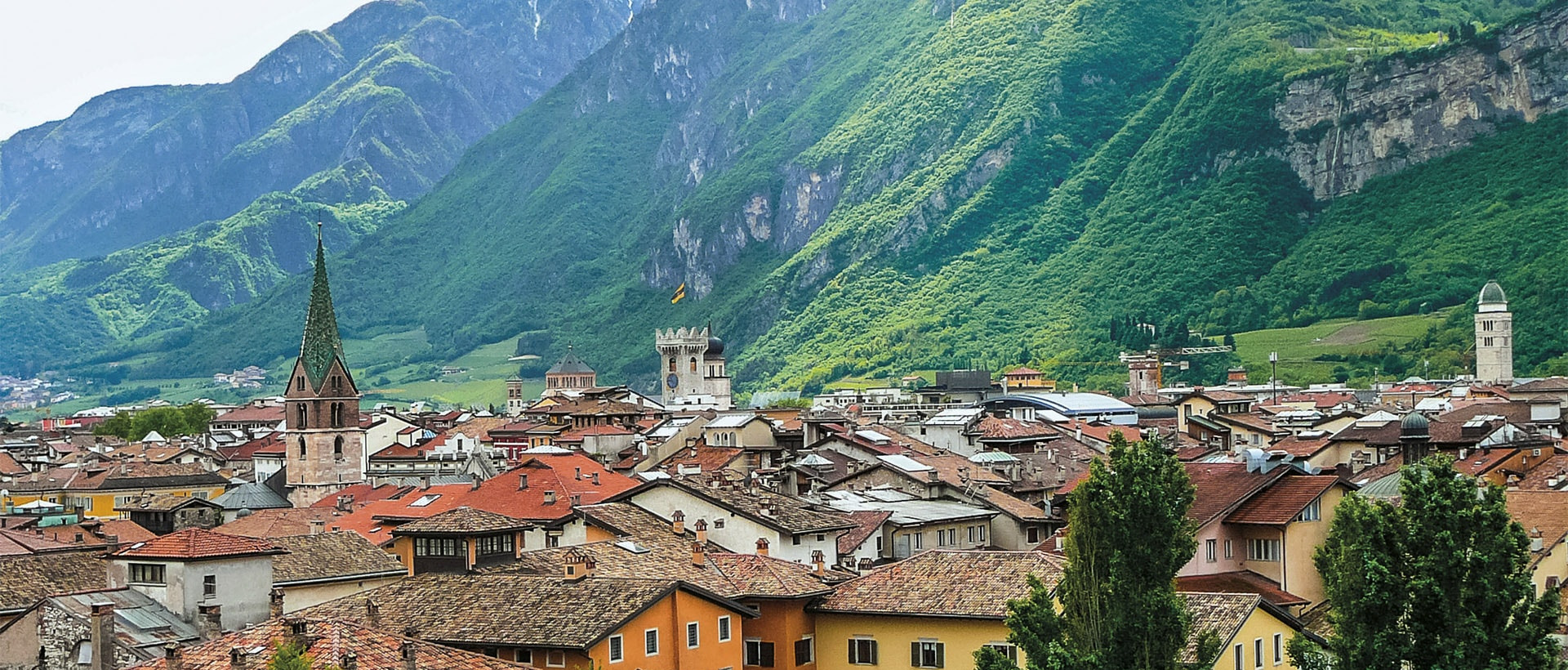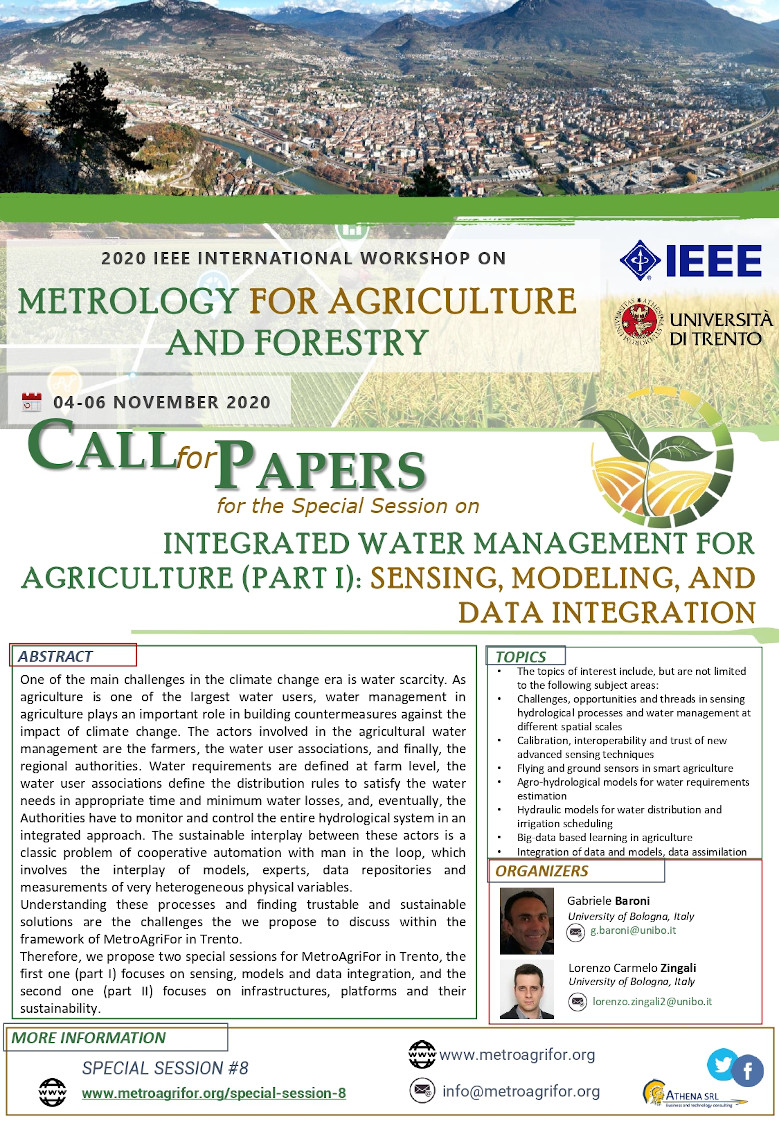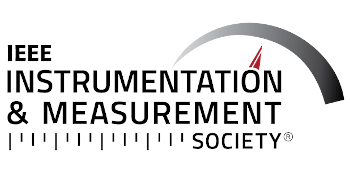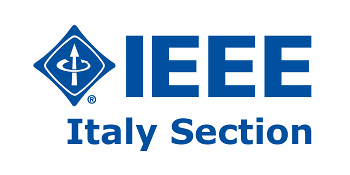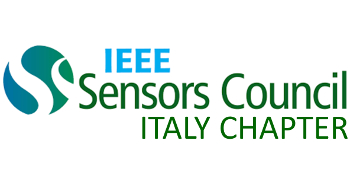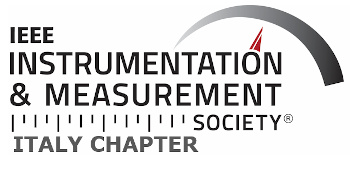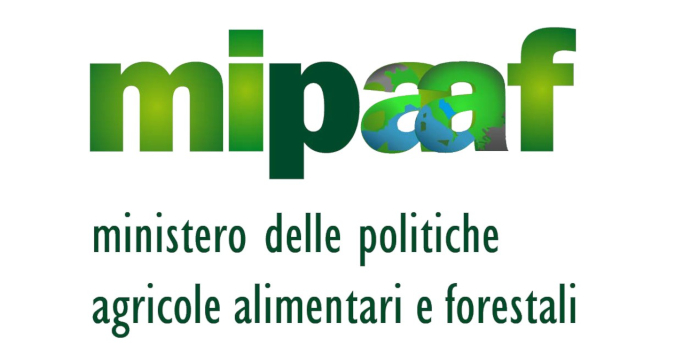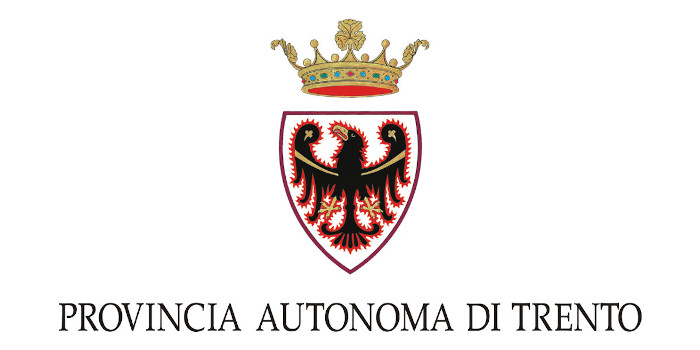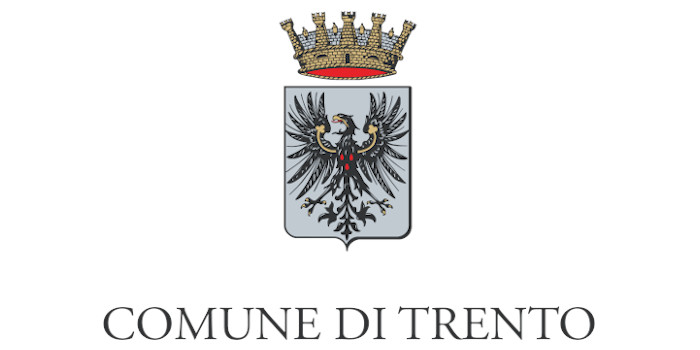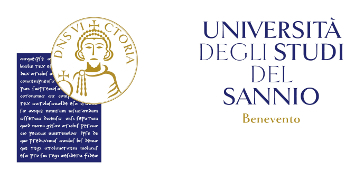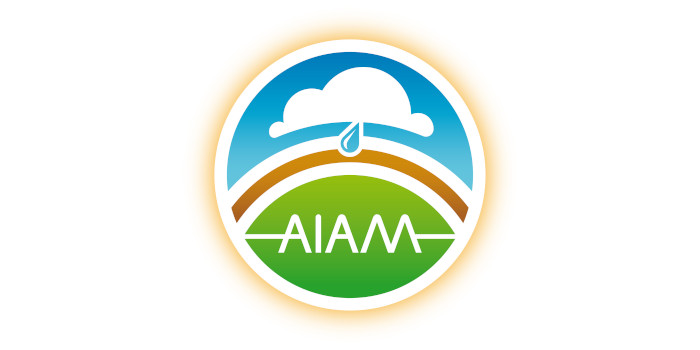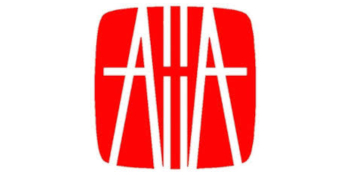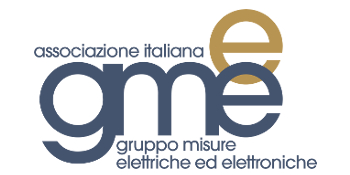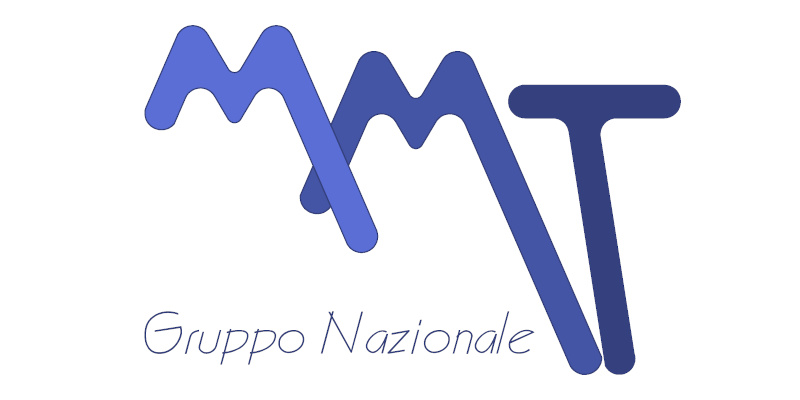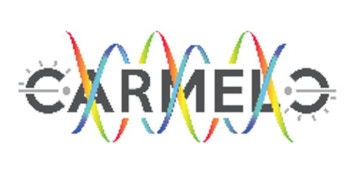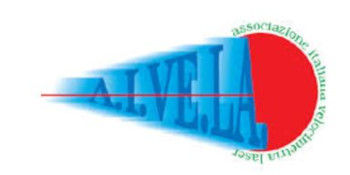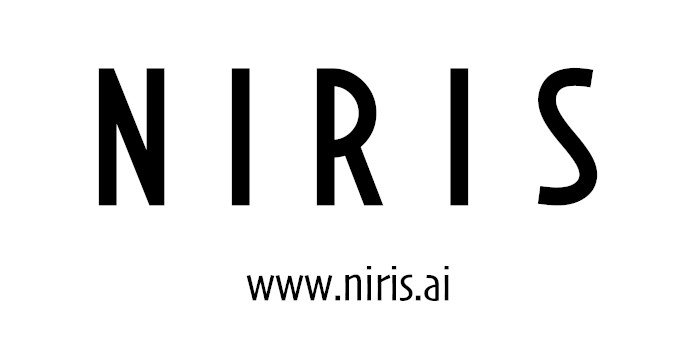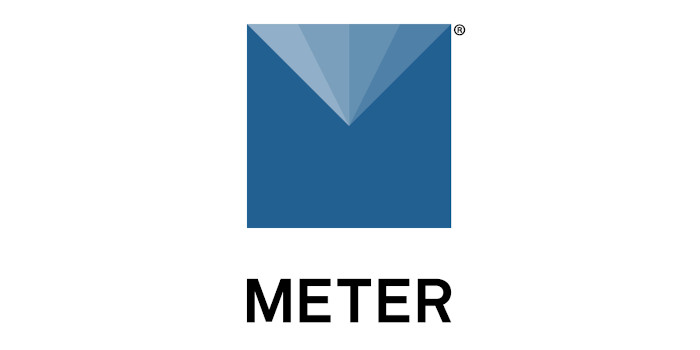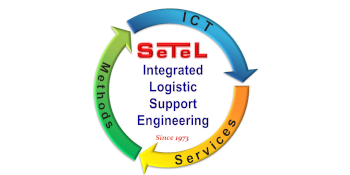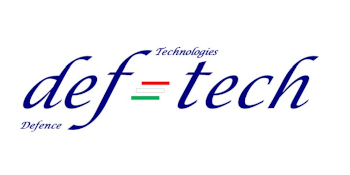INTEGRATED WATER MANAGEMENT FOR AGRICULTURE (part I): sensing, modeling, and data integration
ORGANIZED BY
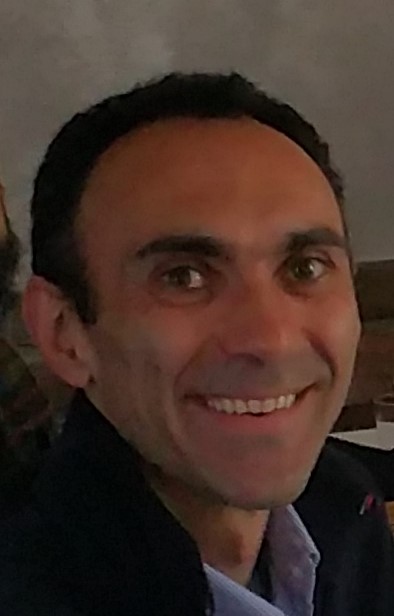
Gabriele Baroni
University of Bologna, Italy
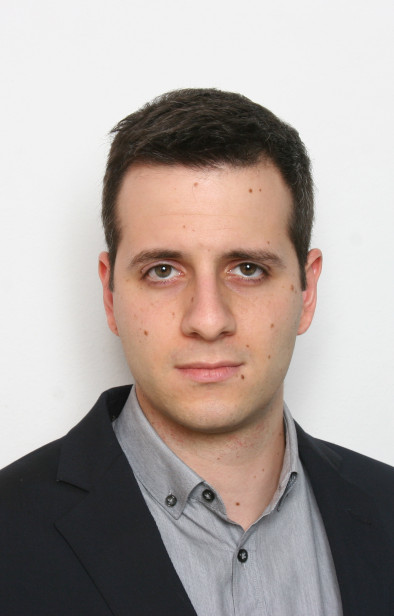
Lorenzo Carmelo Zingali
University of Bologna, Italy
Giovanni Battista Chirico
University of Naples 'Federico II', Italy
ABSTRACT
One of the main challenges in the climate change era is water scarcity. As agriculture is one of the largest water users, water management in agriculture plays an important role in building countermeasures against the impact of climate change. The actors involved in the agricultural water management are the farmers, the water user associations, and finally, the regional authorities. Water requirements are defined at farm level, the water user associations define the distribution rules to satisfy the water needs in appropriate time and minimum water losses, and, eventually, the Authorities have to monitor and control the entire hydrological system in an integrated approach. The sustainable interplay between these actors is a classic problem of cooperative automation with man in the loop, which involves the interplay of models, experts, data repositories and measurements of very heterogeneous physical variables.
Understanding these processes and finding trustable and sustainable solutions are the challenges the we propose to discuss within the framework of MetroAgriFor in Trento.
Therefore, we propose two special sessions for MetroAgriFor in Trento, the first one (part I) focuses on sensing, models and data integration, and the second one (part II) focuses on infrastructures, platforms and their sustainability.
TOPICS
The topics of interest include, but are not limited to the following subject areas:
- Challenges, opportunities and threads in sensing hydrological processes and water management at different spatial scales
- Calibration, interoperability and trust of new advanced sensing techniques
- Flying and ground sensors in smart agriculture
- Agro-hydrological models for water requirements estimation
- Hydraulic models for water distribution and irrigation scheduling
- Big-data based learning in agriculture
- Integration of data and models, data assimilation
ABOUT THE ORGANIZERS
Gabriele Baroni is Associate professor at the Department of Agricultural and food sciences of the Alma Mater Studiorum University of Bologna (Italy). He graduated in Environmental Sciences in 2004 at the University of Milan (Italy) and he obtained the PhD in Agricultural Engineering at the same University in 2007. After a few years as assistant researcher, in 2010 he moved to Germany where he worked as a post-doc at the University of Potsdam (Germany) and at the Helmholtz Center for Environmental Research - UFZ (Leipzig, Germany). In 2019 he earned the associate professor position at the University of Bologna (Italy).
He works in the field of soil hydrology and agricultural water management. His research focuses on monitoring and modelling soil-plant-systems at different spatial scales and on integrated plan and management of the water resources. Currently he is developing and testing innovative geo-physical sensors as a new basis for land-surface observations and working on uncertainty and sensitivity analysis for supporting process understanding and model improvements.
Lorenzo Carmelo Zingali is a PhD Student at DICAM (Dipartimento di Ingegneria Civile Chimica Ambientale e dei Materiali) XXXV cycle of University of Bologna. His research activity is focused on Hydraulic mathematical models, Water distribution networks, Optimization of water resources, Resilience of Water distribution networks. From May 2018 to October 2019, he had a research fellowship position in SWAMP Project, which is a European project on the application of IoT in agriculture. In this project, he collaborated on the optimization of water distribution in the irrigation channels of a pilot located on CBEC (Consorzio di Bonifica dell’Emilia Centrale).
